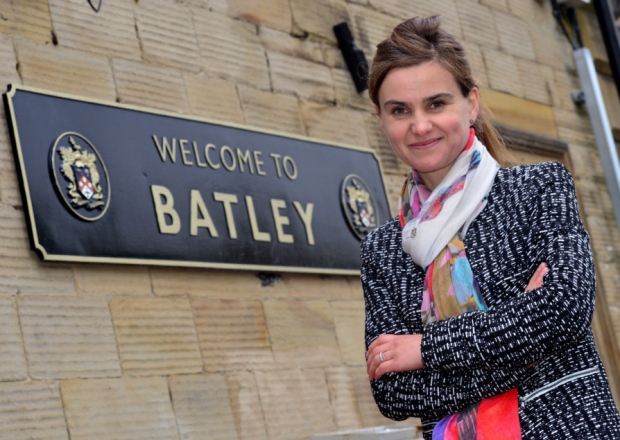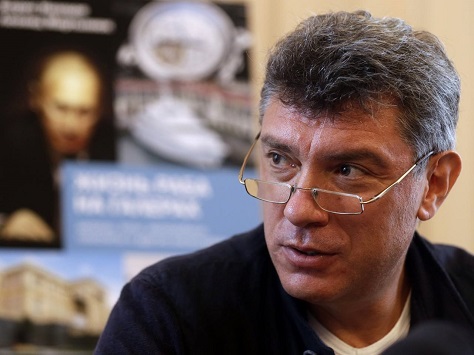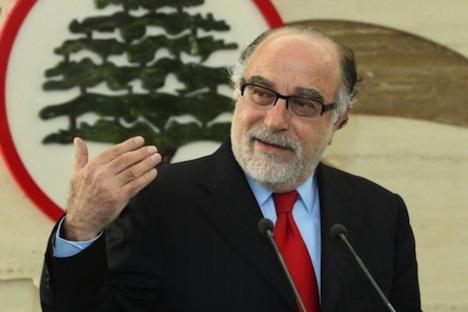
Yesterday was the anniversary of Archduke Franz Ferdinand’s birth date in 1883. ![]()
![]()
It was his assassination by a Serbian nationalist in 1914 that set off a chain reaction leading to World War I.
The world is, rightly, alarmed today with the assassination of Russia’s ambassador to Turkey, Andrey Karlov, who had served in one of his country’s most delicate diplomatic roles since 2013 and whose experience included long stints in North Korea, including as ambassador from 2001 to 2006.
The gunman reportedly shouted ‘Allahu akbar,’ and ‘Do not forget Aleppo! Do not forget Syria!’ as he shot Karlov from behind at a gallery exhibit of Turkish photography.
The assassination comes at a crucial time for relations between Russia and Turkey. Karlov’s killing could immediately chill the fragile diplomatic gains of the last half-year, however, especially at a time when no one really knows what kind of global leadership that president-elect Donald Trump will provide after his inauguration in just over a month in the United States. On the campaign trail, Trump repeatedly praised Putin as a strong leader and promised to escalate US efforts to push back against ISIS in eastern Syria.
But no one should start preparing for World War III just yet.
Much now depends on how Putin responds — and how nationalist hard-liners within Russia also respond — considering that the gunman seems to have acted with the precise aim of destabilizing the Russia-Turkey relationship. Though Russian nationalists are wary of Turkey, they’re far more hostile to the threat of Islamic extremism. Moreover, the two countries have found common ground when it comes to the threat of Islamic extremism. Karlov’s assassination might ultimately Turkey and Russia together more closely Turkey in efforts to eradicate ISIS and other jihadist elements in the Middle East. The incoming Trump administration would almost certainly welcome and join that common front.
* * * * *
RELATED: Why Erdoğan is not — and will never be — Putin
* * * * *
If you’re looking for a silver lining, it’s worth noting that the two countries have been moving closer together after last summer’s coup attempt against Turkish president Recep Tayyip Erdoğan. Relations hit their worst point in December 2015 after Turkey shot down a Russian jet along the Syrian border. Today, a year later, relations are much improved, if still strained. That means that the diplomatic channels between the two countries are far more open to deal with a trauma like Karlov’s assassination. Continue reading Karlov assassination in Ankara stuns world amid global leadership vacuum



